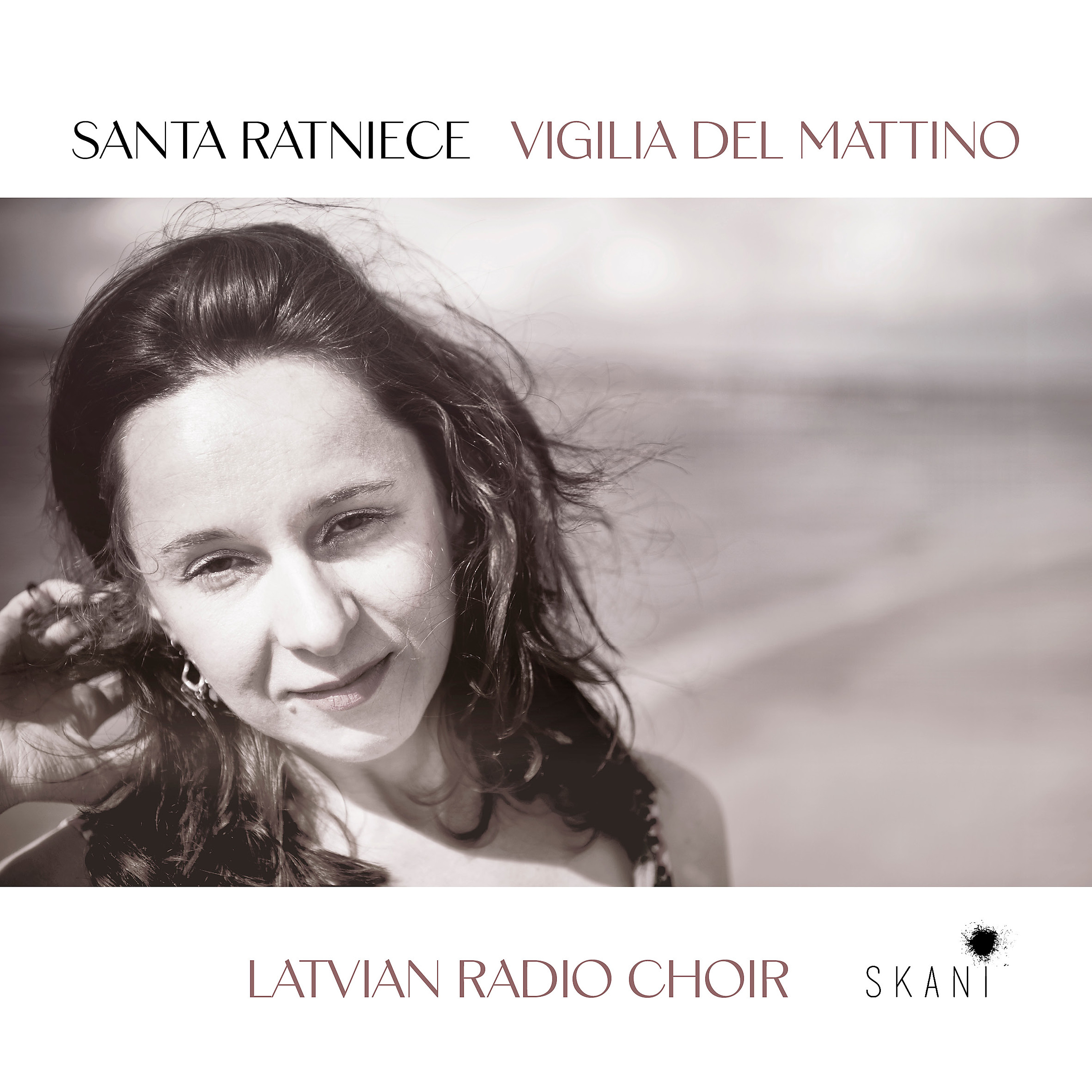"Santa Ratniece (b1977) is a Latvian composer who has taken a recognisably Latvian, harmonic aesthetic to the intersection between notated music and sound art, with results by turns fascinating and limited. Never does her music lack the spiritual and emotional charge we have come to expect from composers from her country.
However striking her voice, this album feels like an introduction to the composer that’s lacking a main course, whether by dint of Ratniece’s methods or the choice of works. Most space is taken up by her contribution to a work mounted by the Danish music theatre collective Hotel Pro Forma, War Sum Up: Music, Manga, Machines, but it’s difficult to get a handle on the music divorced from its theatrical context.
Perhaps, given it’s based on a Japanese Noh play, that’s the point. Either way, the high point on disc is the last movement, where Gilbert Nouno’s electronics work best with Ratniece’s spectral harmonies. Elsewhere there are interesting cumulative patterns and delicate textures, but plenty of gestures heard elsewhere before, stretched too thin or worked too hard.
The wave forms, repeating calls and aleatoric-sounding passages in that piece echo some of the same devices used in the stand-alone Vigilia del Mattino, written for the Latvian Radio Choir and performed, like everything here, with its combination of fervour and aplomb. That piece evokes the Middle Ages, a source of inspiration for the composer, while fuoco celeste sets poetry by Francis of Assisi and has a surer sense of form and imagery, its sense of flight and distance evoking his sermon to the birds.
nada el layli is the highlight. There are echoes of the ‘call’-like motifs used in Vigilia del Mattino but this is more distinctive. It presents a beautiful counterpoint of classically thick, mournful Latvian choral textures with the bright sounds of Ensemble Sarband’s Arabic instruments – a rare example of a Latvian composer looking deeply inwards and far outwards at the same time and to original effect. I may be lukewarm on this but I’m glad to have Ratniece’s name on my radar."
Andrew Mellor
Gramophone

